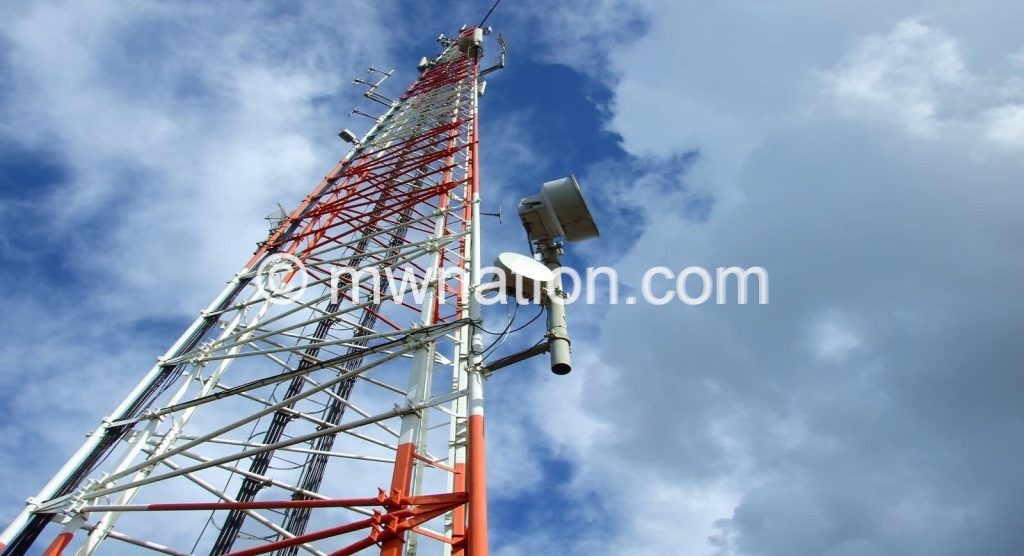Telecommunication players for better roaming tariffs
Telecommunication players in the Southern Africa Development Community (Sadc) are working out mechanisms to move towards implementing standard roaming telecommunication tariffs in the region to reduce consumer costs.
This is part of the agenda for a three-day 20th series of Capacity and Traffic Southern Africa (CTSA) 2020 meeting that Malawi Telecommunications Limited (MTL) is hosting in Lilongwe under the Southern Africa Telecommunications Association (Sata).

The CTSA has attracted carriers, operators, service providers, cooperating partners and other players in the industry to discuss regional telecommunications capacity, roaming and traffic business.
Minister of Information, Civic Education and Communications Technology Mark Botomani said roaming fees are exorbitant in the region.
He expressed delight that the forum is working to address the regional roaming challenges.
Said Botomani: “The telecommunications industry in Malawi and the region is becoming more competitive. I am extremely delighted that what the CTSA 2020 will discuss will drive regional solutions.
“This will work to strengthen economic and social demands of our citizens as well as offer improved coordination of capacity network through enhancement of regional and global communications.”
MTL chief executive officer Harry Gombachika said to make services cheaper, the region needs to consolidate infrastructure by way of ensuring that few operators manage the infrastructure while other operators lease from the same.
He said experience has shown that with so many players in the business, infrastructure is not of high quality because it is thinly spread; hence, expensive.
He said: “Under this platform we will be coming up with exchange point within the region so that traffic meant for the region does not necessarily go to Europe to be exchanged but is done within the region.
“We will develop a protocol to outline the cost of doing business, then come up with a pricing model for both operators and those who provide infrastructure. This will reduce tariffs regardless of which network one is using.”
On his part, CTSA chairperson Sevelus Nakashole said since most countries in the region are landlocked, the cost of doing telecommunications business becomes high.
“At the moment we are facing a challenge of standardising the regional telecommunications tariffs because there is monopoly by some players.
“Currently, these are the ones very reluctant to allow standardised tariffs drive but through regulatory bodies in the region, we are pushing to ensure they make such players comply.”
The CTSA was established to facilitate regional and global telecommunications capacity and traffic interconnection business among operators and carriers.





